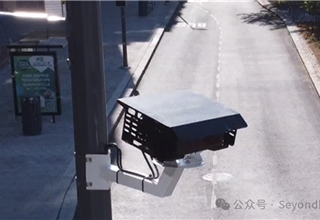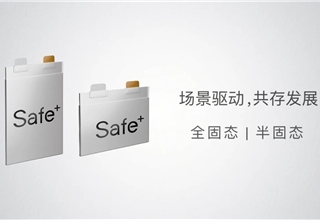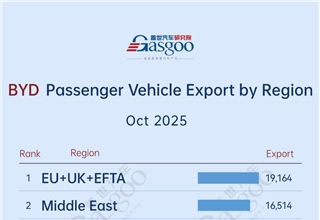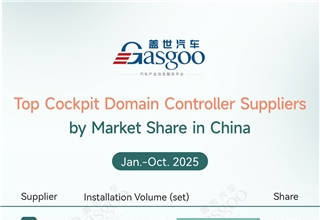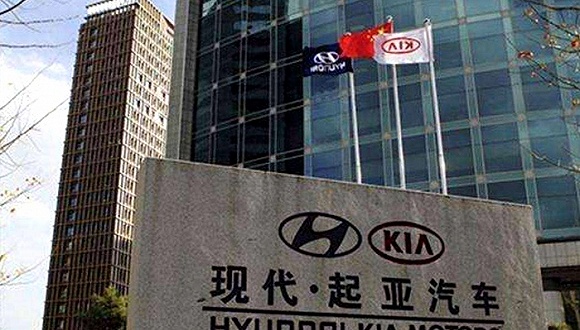
In the face of worsening marketing performance and consumer backlash in the Chinese market, Korean supermarket chain Lotte Mart has been forced to substantially scale back its operations in the country. Korean automakers are facing similar challenges, though for them the situation is even more dire. Unlike retail store chains, automobile manufacturers make use of more elaborate supply chains. The problem is further compounded by policies which stipulate that foreign automakers must cooperate with domestic partners to operate in the country. Even if Kia or Hyundai feels that there is no choice but to leave the market, they would require the approval of their local Chinese partner before being able to do so.
Not that either Kia or Hyundai would want to leave the lucrative Chinese auto market, now the world’s largest. Both manufacturers have invested a great amount of resources into building up their production facilities and sales networks in the country. However the challenges they are facing recently are quite immense. Ever since political tensions between China and South Korea began rising in the beginning of the year, Korean brands in all industries have been forced to deal with a number of problems in China, including consumer mistrust and legal restrictions. The fallout has been severe; a recent report from Yonhap New Agency confirms that Hyundai Kia’s sales in the Chinese market fell 65% year-on-year in May, totaling 52,385 units (35,000 Hyundai sales and 17,385 Kia sales). The two manufacturers’ cumulative sales for the first five months of the year totaled 377,000 units, representing a decrease of 43% year-on-year. The results have been so disheartening in fact that the China Passenger Car Association and China Association of Automobile Manufacturers both agreed to the manufacturers’ demands to temporarily refuse disclosing new statistics to the public.
Beijing Hyundai, which has managed to sell over a million automobiles every year for the past four years, has only managed to sell just over 35,000 vehicles with almost half of this year finished. Dongfeng Yueda Kia, meanwhile, has seen its sales drop over 70% in May. As a result of these setbacks, both manufacturers have made major changes to their management. However this has proven to be far from enough to alleviate Korean manufacturers’ woes.
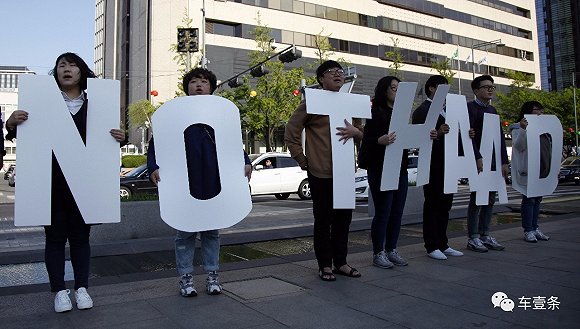
It is worth pointing out that Korean manufacturers have seen their market share being cut into by domestic own brands for a long amount of time now. Chinese manufacturers have made impressive strides in the economy car market, which is the Korean manufacturers’ specialty. “Own brands have been performing exceptionally well,” CPCA General Secretary Cui Dongshu explained, pointing out that domestic manufacturers’ orders and retail sales in May rose 5% and 7%, respectively. He went on to add: “American and Korean manufacturers’ market shares have fallen by a considerable amount, which is also due to the growth of own brands.” Own brands’ market share reached a high of 46.5% on February; the slight drop over the following months due to overall market trends was also less than similar decreases in previous years.
Similar to Korean brands, French and some American manufacturers have been suffering under the increasing competition from own brands. Both Dongfeng Peugeot Citroën and Changan Ford have been forced to deal with lagging sales. Therefore, it is clear that Korean auto manufacturers’ problems go much further than recent political tensions. What Korean manufacturers have to do is embrace a strategy that combines both increasing their brand reputation and improving their technology. In general this requires a major overhaul of their business model, which traditionally focuses on offering cheap products at the expense of quality and image.
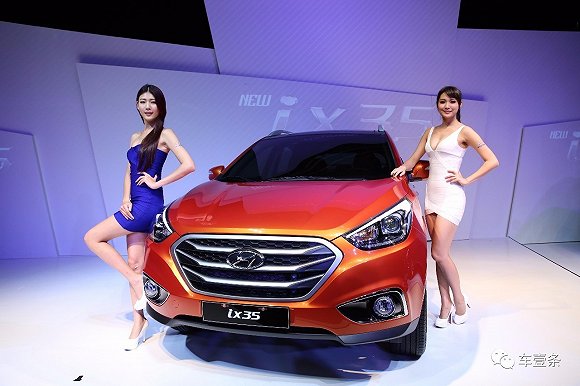
Last August, Hyundai invited several Chinese auto industry experts to Korea to participate in a conference discussing market strategies. The conference hall had two Chinese SUVs, the Geely Boyue and GAC Trumpchi GS4, on display. Hyundai’s staff, including its president, carefully examined the two vehicles; reportedly, they were astounded that Chinese manufacturers were able to build such outstanding vehicles at such an affordable price point.
In response both Hyundai and Kia announced brand new locally developed products on the floor of the Shanghai Auto show. However, everything about these vehicles from design aesthetics and interior design to core technology failed to detract from their Chinese rivals.

Despite being active in the Chinese auto market for over a decade now, Korean manufacturers have yet to establish a strong brand reputation based on technology and quality. Now with Sino-Korean political tensions ramped up, Korean manufacturers are paying the price for not having taken the necessary steps to improve their standing in the Chinese market in the past years.
In May Reuters reported that Hyundai had begun considering establishing a knockdown factory in China to domestically manufacture the Genesis luxury sedan, which will help the manufacturer avoid the 10% import tax. The new vehicle would reportedly help Hyundai overturn its reputation in the country as an exclusive seller of cheap cars.
Korean manufacturers have to continue working hard to reform their brand image in the country. In addition to pressuring their own government to help alleviate international tensions, Korean manufacturers must show Chinese consumers that they too can provide quality, technologically advanced products.






